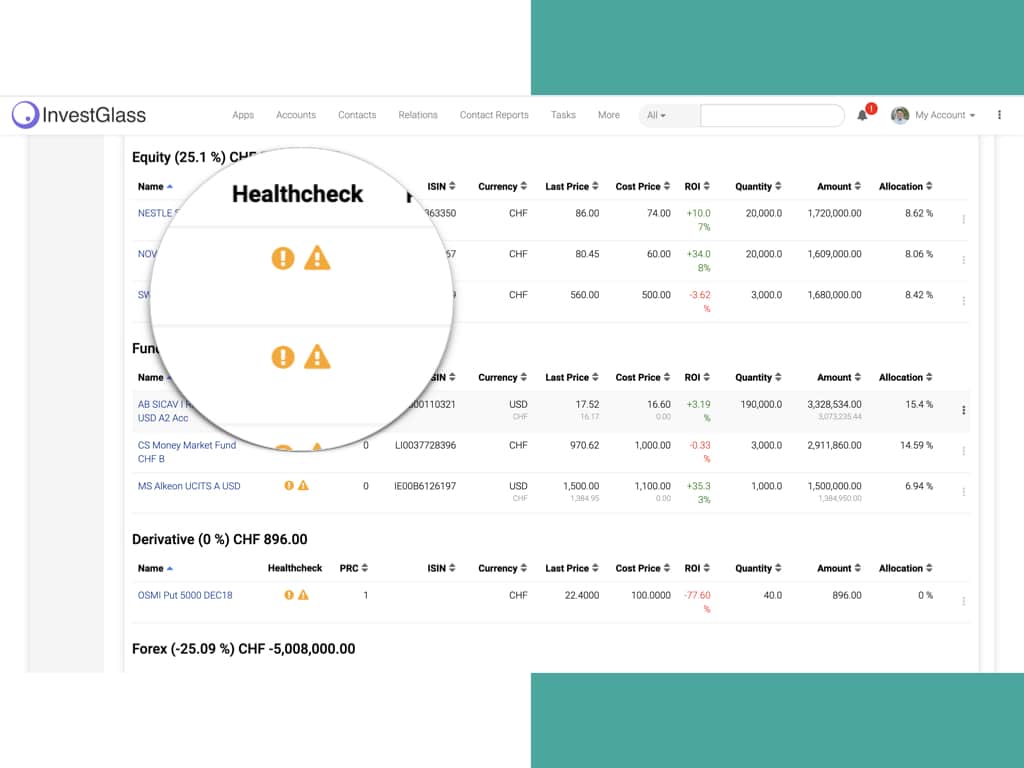ESG Investing: How ESG Factors are Shaping Investment Decisions

The world of finance is undergoing a significant shift, with environmental, social, and governance (ESG) factors increasingly influencing investment decisions. These factors are driving a new wave of sustainable investing, and institutional investors are now integrating ESG considerations into their investment process. In this article, we’ll explore the ways ESG factors are impacting investment strategies and how investment professionals can make more informed decisions by integrating ESG criteria into their investment practices.

The Rise of ESG Integration
ESG investing has grown exponentially in recent years as investors recognize the potential risks and rewards associated with ESG factors. The increasing focus on ESG integration can be attributed to:
- Awareness of Climate Change: Growing concerns about the long-term effects of climate change have led investors to seek out companies with lower carbon footprints and strategies for reducing carbon emissions.
- Regulatory Pressures: Regulatory bodies are increasingly mandating climate-related financial disclosures, compelling companies to consider environmental and social risks in their operations and decision-making processes.
- Reputational Risk: Companies with poor ESG practices can suffer reputational damage, negatively impacting their financial performance.
- Risk Management: ESG integration helps investors identify and mitigate potential risks related to environmental, social, and governance issues in their portfolios.
Key ESG Factors for Investment Professionals
ESG factors can be categorized into three main components: environmental factors, social factors, and governance factors. Integrating these considerations into the investment process can lead to better-informed investment decisions:
- Environmental Factors: Climate change, energy efficiency, waste management, and resource depletion are critical factors that can significantly impact a company’s long-term financial performance.
- Social Factors: Employee relations, community engagement, human rights, and labor standards are essential components of a company’s social performance.
- Governance Factors: Corporate governance, board diversity, executive compensation, and shareholder rights are vital indicators of a company’s governance structure and ethical practices.
Incorporating ESG Data and Analysis into the Investment Process
To effectively integrate ESG considerations into investment decisions, investment professionals need access to reliable ESG data and analysis. This includes:
- ESG Ratings: ESG rating agencies provide evaluations of companies based on their environmental, social, and governance performance, offering a valuable resource for investors.
- ESG Reporting: Companies are increasingly disclosing ESG practices and performance in their annual reports, providing investors with insights into their commitment to sustainability.
- Specialized Research: Many investment firms and independent research organizations provide in-depth analysis of ESG issues and their impact on capital markets.
- Engagement with Company Boards: Active engagement with company boards can help investors better understand a company’s ESG strategy and targets.
How Portfolio Managers are Integrating ESG Factors
Portfolio managers can incorporate ESG factors into their investment practices through various strategies, including:
- Positive Screening: Selecting companies that demonstrate strong ESG performance or align with specific sustainable development goals.
- ESG Integration: Incorporating ESG factors into traditional financial analysis to identify potential risks and opportunities related to ESG issues.
- Active Ownership: Actively engaged institutional investors, such as pension funds and asset owners, can influence corporate behavior by voting on ESG-related resolutions or engaging directly with senior management on ESG matters.

Conclusion
ESG factors have become a critical component in shaping investment decisions, and integrating these considerations is essential for investment professionals seeking to make informed decisions and achieve sustainable financial performance. By understanding the key ESG factors and incorporating ESG data and analysis into their investment process, investors can more effectively navigate the increasingly complex world of sustainable finance.